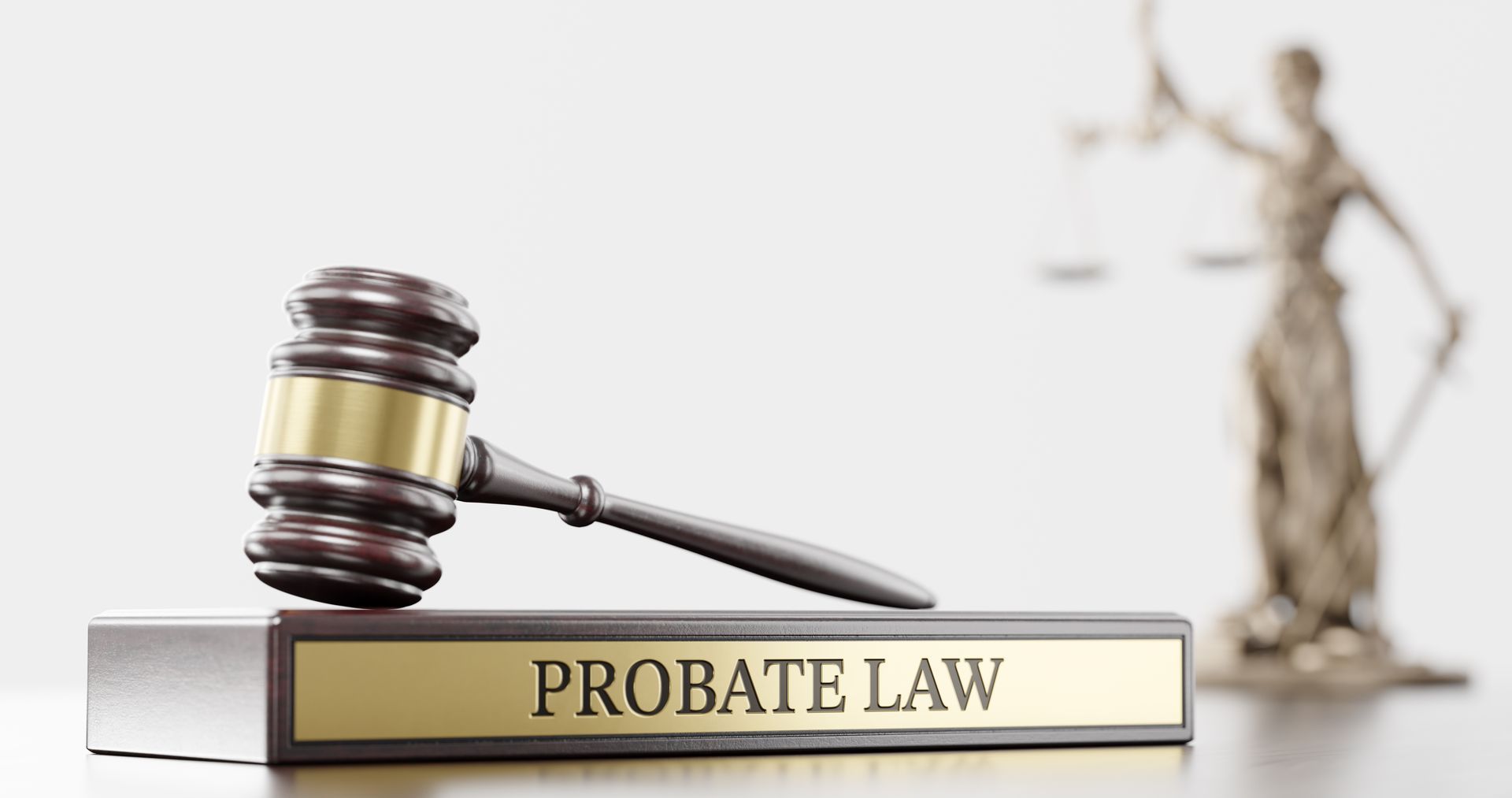How to Negotiate a Tax Settlement with the IRS
How to Negotiate a Tax Settlement with the IRS
If you owe back taxes to the IRS, you’re not alone — and you’re not without options. Every year, thousands of individuals and business owners in New Jersey find themselves facing overwhelming tax debt, unexpected penalties, or collection actions. The good news is that with the right strategy and legal representation, it’s possible to negotiate a tax settlement with the IRS and regain financial stability.
At theJonathan Stone ESQ CPA MST LLC, we combine deep tax law knowledge with CPA-level financial insight to help clients in Hackettstown and throughout New Jersey resolve their tax problems efficiently and effectively.
📞 Call 908-829-6555 to schedule a consultation and take the first step toward tax relief today.
Understanding Tax Settlements
A tax settlement is an agreement between you (the taxpayer) and the IRS to resolve your outstanding tax debt for less than the full amount owed or through more manageable payment terms. Settlements are not automatically granted — the IRS must see that you genuinely cannot pay the full balance, even over time, and that your proposed resolution is reasonable based on your financial circumstances.
There are several ways to reach a settlement, depending on your eligibility and situation.
1. Offer in Compromise (OIC)
An Offer in Compromise allows you to settle your tax debt for less than what you owe. The IRS will consider your income, expenses, assets, and ability to pay. If approved, you’ll pay a reduced lump sum or structured amount, and the IRS will forgive the remainder.
This option is ideal for taxpayers who:
- Have limited income or assets
- Cannot pay their full tax liability without severe financial hardship
- Are up to date with current tax filings and estimated payments
The application process is complex and requires detailed documentation — this is where having a tax attorney and CPA makes a major difference. At our firm, we prepare your financial disclosures accurately and negotiate directly with the IRS to improve your chances of approval.
2. Installment Agreements
If you can pay your full balance over time, an installment agreement allows you to make monthly payments until your debt is satisfied. There are multiple types of installment plans, including:
- Guaranteed installment agreements for smaller debts
- Streamlined agreements for tax debt under certain thresholds
- Partial payment installment agreements for those unable to pay in full
While simpler than other settlement types, IRS payment plans must still be negotiated carefully to avoid default. Our team ensures that your payment terms are reasonable and sustainable — protecting you from penalties or new collection actions.
3. Penalty Abatement
Tax penalties and interest often make your debt grow far beyond the original balance. A penalty abatement request asks the IRS to remove or reduce these additional costs due to reasonable cause — such as illness, natural disaster, or reliance on incorrect professional advice.
Many taxpayers overlook this option, but it can substantially reduce your overall liability. We review your case for all available grounds for abatement and present supporting documentation to the IRS on your behalf.
4. Currently Not Collectible (CNC) Status
If your financial situation makes it impossible to pay any portion of your tax debt without compromising your basic living expenses, you may qualify for Currently Not Collectible status. This temporarily halts IRS collection efforts (like wage garnishment or liens) until your finances improve.
While CNC doesn’t erase your debt, it provides essential breathing room while you stabilize your finances. Our office handles all IRS communication to ensure you’re protected during this period.
Why You Shouldn’t Negotiate with the IRS Alone
Dealing directly with the IRS can be intimidating — and mistakes can have lasting consequences. Without experienced legal representation, taxpayers often:
- Disclose too much financial information
- Agree to unaffordable payment terms
- Miss out on settlement options they didn’t know existed
- Trigger additional penalties or audits unintentionally
At the Law Offices of Jonathan Stone, we handle the IRS for you. As both an attorney and CPA, Jonathan Stone offers the rare combination of legal advocacy and financial strategy needed to negotiate effectively and protect your long-term interests.
How We Help
When you work with our firm, we’ll:
- Review your IRS records to determine exactly what you owe and why.
- Evaluate all available settlement options — from Offers in Compromise to installment agreements.
- Prepare all necessary financial documentation to strengthen your negotiation position.
- Communicate directly with the IRS so you don’t have to.
- Work toward full resolution, helping you avoid liens, levies, and additional penalties.
Our approach is never one-size-fits-all. We tailor every solution to your unique financial and legal circumstances — whether you’re an individual, business owner, or self-employed professional.
Take Control of Your Tax Situation Today
Tax problems won’t disappear on their own — but with the right representation, you can resolve them and move forward with confidence. The Law Offices of Jonathan Stone in Hackettstown, New Jersey, can help you negotiate a fair IRS settlement and protect your financial future.











